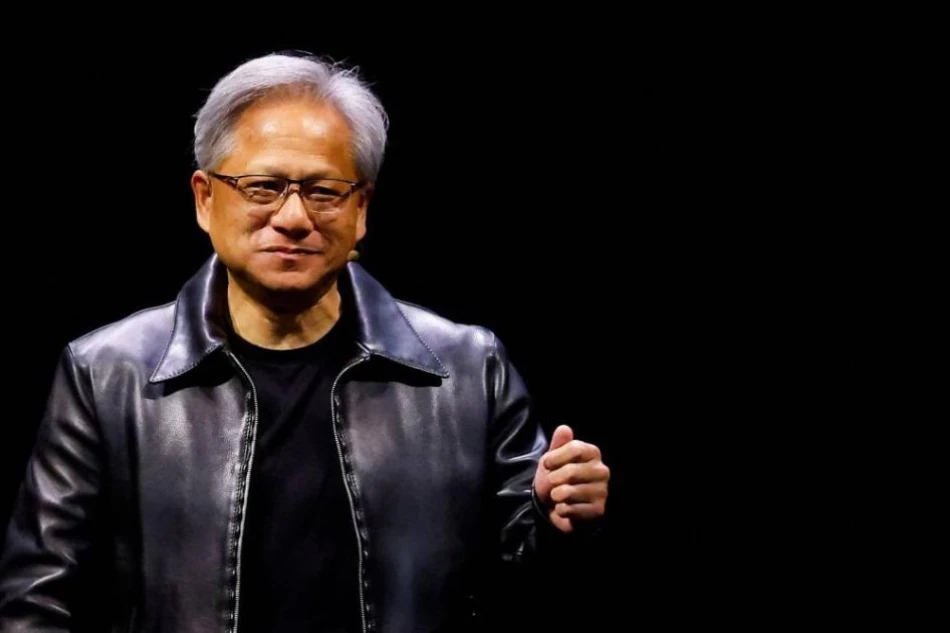
Nvidia CEO Praises China's Groundbreaking AI Models, Highlighting Industry Advancements
NVIDIA CEO Praises China's AI Models as Chip Sales Resume, Signaling Thaw in Tech Relations
NVIDIA CEO Jensen Huang publicly praised Chinese AI models as "world-class" during a Beijing supply chain conference, just one day after his company announced the expected resumption of AI chip sales to China. The timing suggests a strategic diplomatic move as the semiconductor giant navigates complex US-China trade restrictions while maintaining access to one of its largest markets.
Strategic Praise Amid Trade Tensions
Speaking at the Beijing Supply Chain Conference opening ceremony Wednesday, Huang specifically highlighted AI models from Chinese tech giants including DeepSeek, Alibaba, Tencent, MiniMax, and Baidu's ERNIE Bot. His characterization of these platforms as "world-class" and "openly shared" models that have "stimulated AI developments worldwide" represents a notable public endorsement from the leader of the world's most valuable AI chip company.
The praise carries particular weight given NVIDIA's dominant position in AI hardware. With over 1.5 million Chinese developers currently relying on NVIDIA's technology for their innovations, according to Huang, the company's relationship with China's AI ecosystem runs deep despite ongoing geopolitical tensions.
Chip Sales Resumption Signals Policy Shift
NVIDIA's announcement Tuesday that it expects to resume shipments of its H20 chips to China follows reassurances from the US government, marking a potential easing of restrictions that forced the company to halt sales in April. The H20 represents a modified version of NVIDIA's flagship AI chips, designed to comply with US export controls while still serving Chinese market demands.
This development mirrors similar patterns seen during previous trade disputes, where initial restrictions are often followed by calibrated adjustments as both sides seek to balance security concerns with economic interests. The semiconductor industry has historically served as both a battleground and a bridge in US-China relations.
Market Implications and Competitive Dynamics
For NVIDIA, China represents approximately 20% of its total revenue, making market access crucial for maintaining growth trajectories that have driven the company's trillion-dollar valuation. The resumption of sales could provide significant relief to investors who have watched the company navigate an increasingly complex regulatory environment.
Chinese AI companies, meanwhile, have been developing domestic alternatives while adapting to supply chain uncertainties. Huang's public recognition of their achievements may reflect both genuine technical progress and NVIDIA's interest in maintaining collaborative relationships that could prove valuable as the AI landscape evolves.
Broader Technology Diplomacy
The sequence of events—sales resumption followed by public praise—suggests a coordinated approach to technology diplomacy. Unlike blanket restrictions seen in other sectors, the AI chip market appears to be moving toward a more nuanced framework that allows continued collaboration within defined parameters.
This approach differs markedly from the complete decoupling seen in areas like telecommunications equipment, potentially establishing a template for how critical technologies might be managed in an era of strategic competition. The success of this model could influence how other advanced technology sectors navigate similar challenges in the coming years.
Most Viewed News

 Omar Rahman
Omar Rahman






